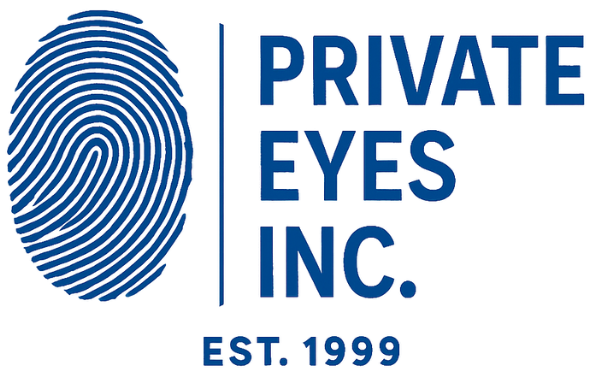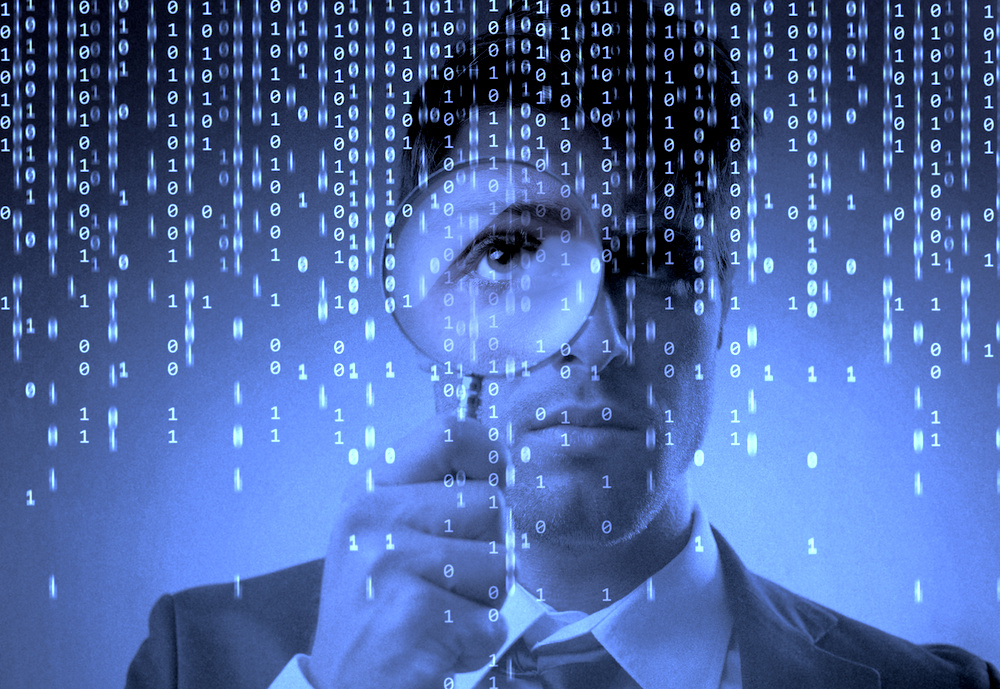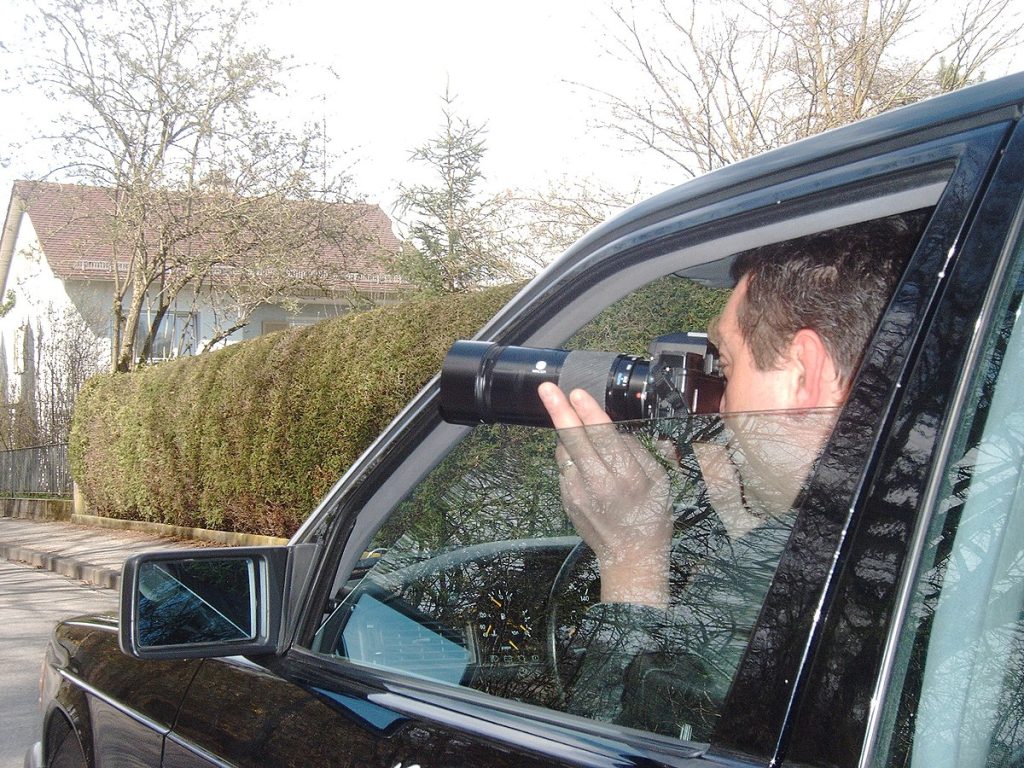Legality of criminal private investigations in the process of uncovering the truth is a delicate balance between ethical practices and adherence to legal frameworks. These investigations demand a nuanced understanding of the law, ethical boundaries, and responsibilities. Let’s dive into the critical legal and ethical considerations that can and do impact criminal private investigations.
Legality of Criminal Private Investigations
Adherence to Laws and Regulations
Investigators must operate within the confines of local, state, and federal laws, respecting individuals’ rights, privacy, and due process.
Evidence Collection Standards
Ensuring the legality of evidence collected is crucial. Investigators must follow proper protocols to prevent any evidence from being inadmissible in court.
Avoiding Trespass and Intrusion
Investigators must refrain from unlawful entry or intrusive surveillance methods that violate privacy laws.
Ethical Guidelines for Investigators
Professional Integrity
Upholding ethical standards is paramount. Investigators must maintain objectivity, honesty, and confidentiality throughout the investigation process.
Respecting Confidentiality
Safeguarding sensitive information and respecting client confidentiality is essential, ensuring that details about the case remain confidential unless legally required.
Avoiding Bias and Discrimination
Remaining impartial and avoiding bias or discrimination based on race, gender, or other factors is critical in ensuring fairness and justice.
Balancing Confidentiality and Disclosure
Client-Attorney Privilege
Understanding the boundaries of client-attorney privilege and when disclosure might be necessary while respecting confidentiality agreements.
Reporting Obligations
Knowing when and how to report findings, especially if they pertain to ongoing criminal activities or pose immediate threats to public safety.
Ethical Dilemmas in Investigations
Undercover Operations
Assessing the ethical implications of undercover work, ensuring it aligns with legal parameters and doesn’t infringe on individual rights.
Deception and Misrepresentation
Evaluating the ethical considerations of using deceptive tactics or misrepresentation to obtain information, balancing the necessity against ethical boundaries.
Compliance with Professional Standards
Certification and Licensing
Operating within the framework of industry standards, certifications, and licensing requirements to maintain professionalism and credibility.
Continuous Training and Education
Engaging in ongoing education to stay updated on evolving laws, ethical guidelines, and investigative best practices.
Upholding Integrity in Criminal Investigations
Criminal private investigations demand a delicate interplay between legality and ethics. Investigators must navigate these intricacies, maintaining unwavering ethical standards while operating within the boundaries of the law. By upholding integrity, respecting privacy, and ensuring fairness, these professionals play a vital role in the pursuit of justice while preserving ethical values in their practices.






